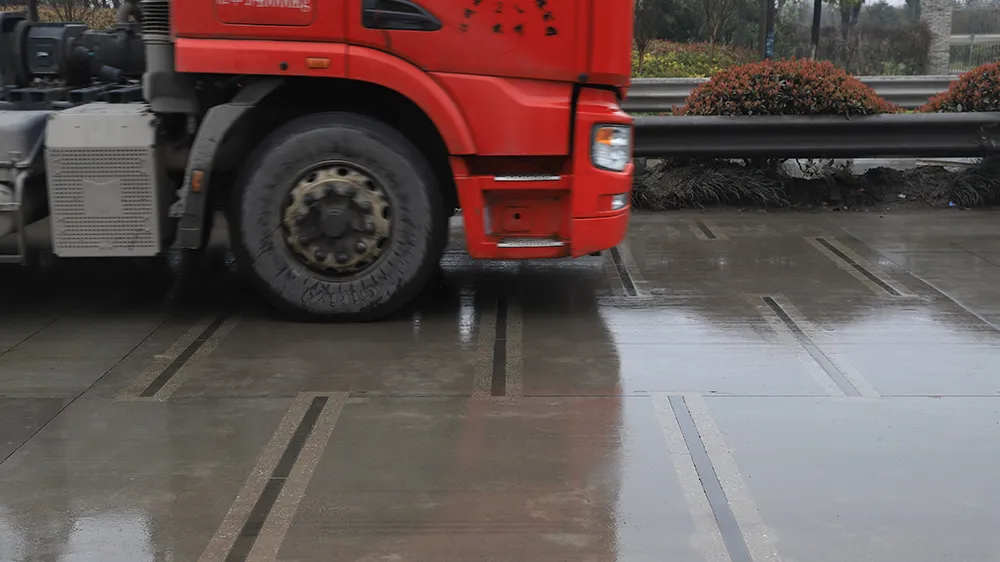The City of Laredo has selected
TransCore will also upgrade automatic weigh-in-motion technology for commercial vehicles traversing the Colombia Solidarity and World Trade bridges. The new subsystem will provide greater accuracy, while reducing existing maintenance costs and eliminating the need for truck drivers to stop to be inspected if weights are below the specified limits.
The project will also include development of a self-service payment station at each non-commercial customer service centre, while updating the existing back office customer service centre system with the latest account management, self-service website, payment processing, and mobile application technologies.
TransCore developed and installed the original toll collection system beginning in 1998. The new toll collection system will accommodate future expansions and is based on the company’s Infinity Digital Lane system technology. Featuring vehicle classification, dual currency support and video capture, Infinity technology is specifically designed to automatically and accurately collect transactions in high-volume traffic across a wide variety of traffic speeds and patterns.
“The City of Laredo is happy to again have the opportunity to work with TransCore on this very important project. Laredo being the number one Inland Port and the number three Customs District in the United States and with the steady growth in traffic, this upgrade will prepare our electronic toll collection system for the next 10 to 15 years. The City is always working to improve efficiency and this upgrade will do just that. We are excited to get this project started,” said Mario Maldonado, bridge manager, City of Laredo.
TransCore to upgrade toll collection on four bridges between US-Mexico
The City of Laredo has selected TransCore to provide a comprehensive upgrade to the toll collection system on its four international bridges between the US and Mexico. Each year, more than 6.7 million vehicles and three million pedestrians cross the Gateway to the Americas, the Juarez-Lincoln International, the Colombia Solidarity, and the World Trade bridges. The three-year project, which will be completed in 2018, upgrades both the electronic and cash payment toll collection systems.
December 2, 2015
Read time: 2 mins








